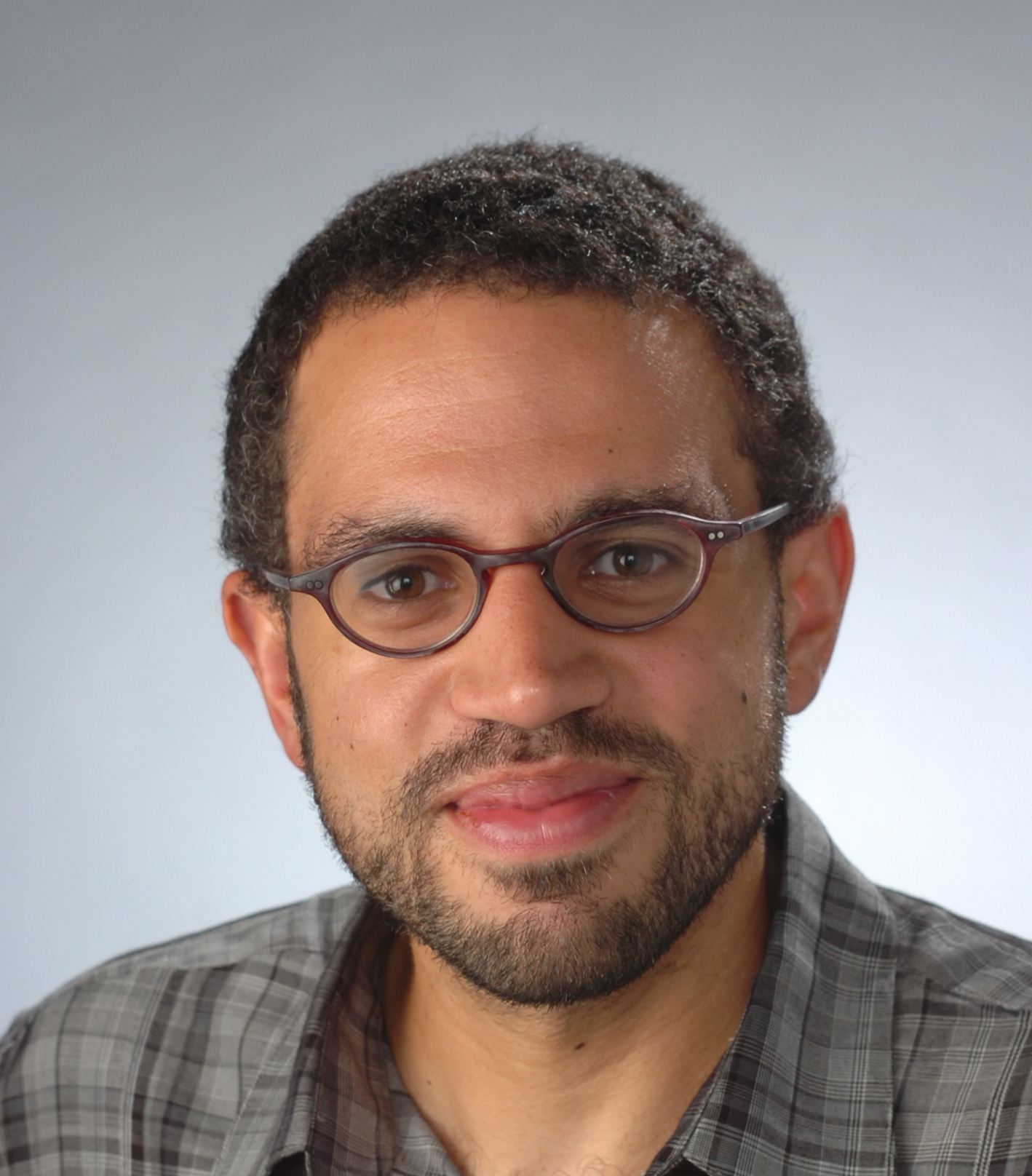
Earlier this summer my wife and I did what many Americans did. After putting our daughter to sleep, we watched the speeches of the Republican and Democratic conventions. We saw angry speeches, religious speeches, comforting speeches, lofty speeches, and incoherent speeches. Like others, when I say we watch the conventions, I do not mean that we have been passively absorbing what we see on our iPad. Watching implies something much more expansive. In part, it implies evaluating reasons. In part, it implies feelings being elicited. Most importantly, watching implies judgment. We consider whether the speeches we are seeing are truthful, whether they are good, whether they are beautiful, and we consider their relationship to the world around us. Do they match the way the world is? Do they distort the world? Do they make us think about the world in a new way? We address these questions collectively, in conversations between spouses, at the proverbial water cooler, or on social media.
I want to invite further reflection on this role of the spectator, on this practice of watching. It is as close to a universal practice as they come. Whatever part of the world, whatever historical moment, there were people watching, judging, discussing judgments, and acting on those judgments. The public square might seem as if it is about rhetorical performance, but actually it is just as much, if not more, about watching. Watching, in an active and expansive sense, is the form politics takes for most people. We are all experienced and skilled at watching. We know what genres of public performance we may encounter, we know what good and bad versions of such performances look like, and we can sense when we are affected by performances, when they make us look anew at an aspect of the world. This is culturally specific knowledge of what public performance looks like here, now, but it is also a broadly shared capacity to appreciate and evaluate performances wherever we find ourselves.
It is also true that public speech may distort or deceive. It may mute our capacity to judge, implanting in us views the speaker wishes to advance but that we would not otherwise accept. This should not be reduced to emotion muting reason; the dynamics at play are much more complex, and playing a game of reasons can just as easily distort judgment by muting emotion. To watch well is a virtue, and the more of that virtue one possesses, the less likely that public speech can distort. It is a virtue required by democracy: the people do not rule if they cannot watch their leaders well – then it would be the leaders who rule. (Political theorists including Jeffrey Green and Bryan Garsten have recently pushed in this direction.[1])
Cathleen Kaveny expands how we think about public discourse to include not only practical deliberation but also prophetic indictment. I am curious how her carefully developed thoughts on prophetic indictment might appear from the perspective of the spectator who is, like me, watching the public square via his iPad. From that perspective, it is quite clear that what appears to be practical deliberation on an issue like torture (as Kaveny rightly points out), or on any issue at all, is about quite a bit more than exchanging reasons. There are genre conventions to practical deliberation, unspoken premises, ways of framing issues that lean on emotion, and so on. Similarly, when we watch a prophetic indictment we do not simply absorb the power of the “moral chemotherapy.” We compare it against genre conventions, evaluate the aesthetics (from tone of voice to the speaker’s clothing), and we consider the extent to which what we hear matches against what we know of the world – or the extent to which what we hear allows us to see the world anew.
In thoughtfully distinguishing practical deliberation and prophetic indictment, Kaveny has isolated two genres of public discourse found in the American public square. As genres, they seem to me best presented in a descriptive rather than a normative voice. I have a hard time believing that most examples of practical deliberation or prophetic indictment are morally salient. Rarely does talk in the public square have an effect; most of the time it is moralizing, using the language of morality without actually speaking morally. What does strike me as morally salient are (1) exceptionally good examples of either mode of public discourse; and (2) cultivating the virtue of watching well regardless of what it is one is watching. To get at those exceptionally good examples – say, Kaveny’s examples of King or Lincoln – what we need is not a set of criteria. Those criteria merely describe the genre. What we need is the virtue of watching well so that we effortlessly recognize excellence in public performance.
At the end of the day, there is a chance that we scholars may spread insights into how the virtue of watching is cultivated, but there is little chance that we will succeed in persuading public figures to speak differently.
[1] Jeffrey E. Green, The Eyes of the People: Democracy in an Age of Spectatorship (Oxford: Oxford University Press, 2010); Bryan Garsten, Saving Persuasion: A Defense of Rhetoric and Judgment (Cambridge, MA: Harvard University Press, 2006).
Vincent Lloyd is Associate Professor of Theology and Religious Studies at Villanova University. His research treats the philosophy of religion, religion and politics, and race. His most recent book is Black Natural Law (Oxford, 2016), and he co-edits the journal Political Theology.

